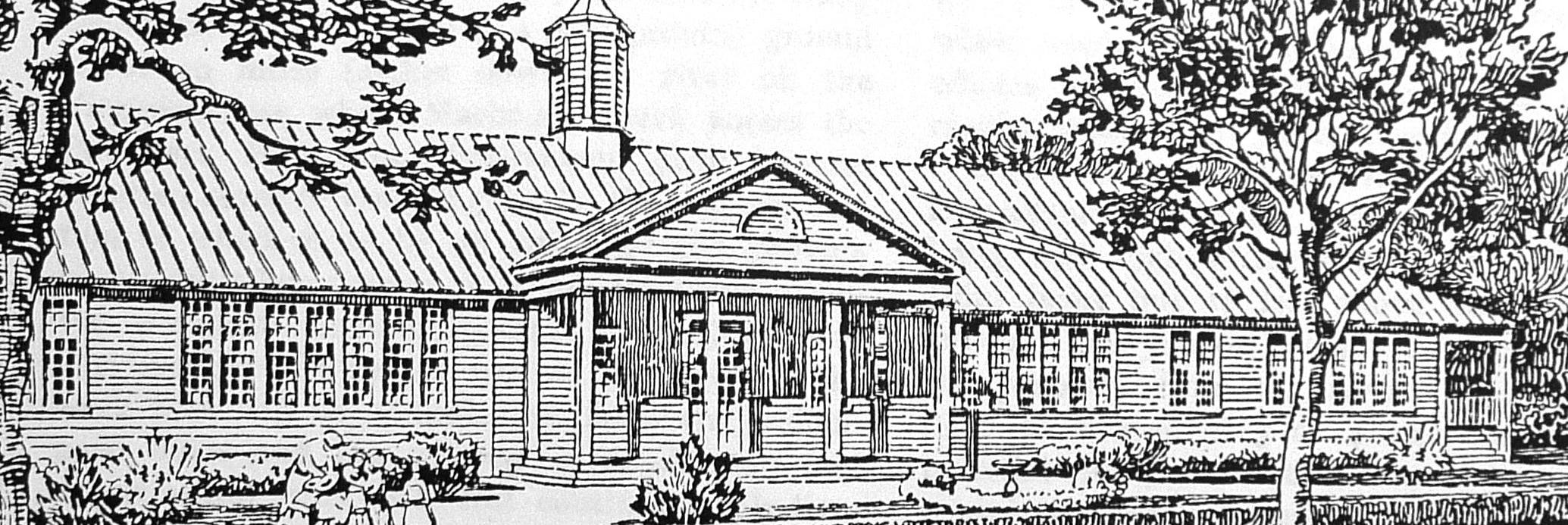There is a legend associated with the temple. It is said that about 300 years ago the place where Malabar hills are located today was a pastureland, which was owned by a rich goldsmith named Pandurang. He kept a big herd of cows, which was taken care by a cowherd named Babul. All cows used to give plenty of milk as the area had an abundance of green grass. One evening, Pandurang saw that one of the cows in the herd, which was called Kapila, did not give even a single drop of milk. He asked his cowherd Babul and was shocked to hear that this had been happening for some days now. Babul told that the cow has been pouring out all her milk at a particular spot in the field. The next day Pandurang went to see himself and actually witnessed the scene. He got his men to dig the place and discovered a Shivalinga carved in black stone at that spot. He got this Shivalinga and installed ...
More
There is a legend associated with the temple. It is said that about 300 years ago the place where Malabar hills are located today was a pastureland, which was owned by a rich goldsmith named Pandurang. He kept a big herd of cows, which was taken care by a cowherd named Babul. All cows used to give plenty of milk as the area had an abundance of green grass. One evening, Pandurang saw that one of the cows in the herd, which was called Kapila, did not give even a single drop of milk. He asked his cowherd Babul and was shocked to hear that this had been happening for some days now. Babul told that the cow has been pouring out all her milk at a particular spot in the field. The next day Pandurang went to see himself and actually witnessed the scene. He got his men to dig the place and discovered a Shivalinga carved in black stone at that spot. He got this Shivalinga and installed it in a temple which is now the present Babulnath Temple. It is said that since it was Babul who first noticed about Kapila, the temple was named after him. Some people also say that the Shivalinga was discovered under the shadow of a Babul (Acacia arabica) tree, hence the name Babulnath. Yet another theory is that, as the word Babul means ‘father’ in the Hindi language, the temple is dedicated to the father of the universe, Lord Shiva.
Less

